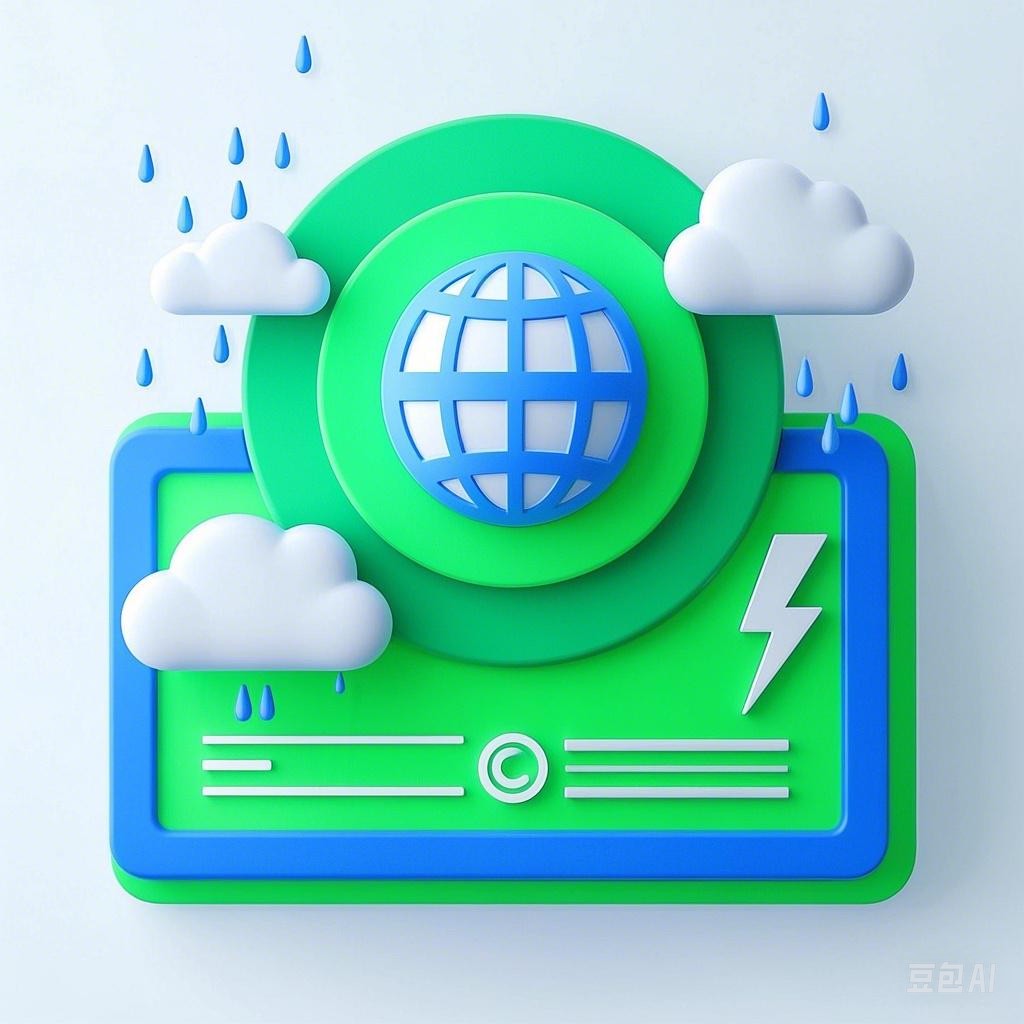Introduction
Earthquakes are natural disasters that can strike suddenly, causing widespread destruction and loss of life. Being prepared for an earthquake can significantly increase your chances of survival. This article provides essential tips for safety and preparedness to help you and your family stay safe during an earthquake.
Understanding Earthquakes
What Causes Earthquakes?
Earthquakes are caused by the sudden release of energy in the Earth’s crust. This energy is often the result of tectonic plate movements, where the Earth’s crust is divided into large, rigid slabs that float on the semi-fluid asthenosphere below.
Types of Earthquakes
- Tectonic Earthquakes: These are the most common type of earthquake and are caused by the movement of tectonic plates.
- Fault-Bounded Earthquakes: These occur along fault lines where the Earth’s crust is fractured.
- Volcanic Earthquakes: These are caused by the movement of magma beneath the Earth’s surface.
Preparing for an Earthquake
Home Preparedness
- Create an Emergency Kit: This should include water, non-perishable food, a first aid kit, a flashlight with extra batteries, a whistle, and a portable radio.
- Secure Heavy Furniture: Anchor heavy furniture to walls to prevent it from falling over during an earthquake.
- Secure Water Heaters: Secure water heaters to walls to prevent them from toppling over.
- Identify Safe Rooms: Identify safe rooms in your home, such as interior doorways or under a sturdy piece of furniture.
Personal Preparedness
- Learn First Aid: Learn basic first aid and CPR to help others if necessary.
- Practice Drop, Cover, and Hold On: Teach all members of your household how to drop to the ground, take cover under a sturdy piece of furniture, and hold on until the shaking stops.
- Identify Evacuation Routes: Identify evacuation routes from your home, workplace, and school.
During an Earthquake
Immediate Actions
- Drop, Cover, and Hold On: If you are indoors, drop to the ground, take cover under a sturdy piece of furniture, and hold on until the shaking stops.
- Stay Away from Windows: If you are near windows, move to an interior room or hallway.
- Avoid Elevators: Do not use elevators during an earthquake.
- If You Are in a Vehicle: Pull over to the side of the road and stop. Stay inside the vehicle until the shaking has stopped.
After the Earthquake
- Check for Injuries: Check yourself and others for injuries. Provide first aid if necessary.
- Evacuate if Necessary: Follow official instructions and evacuate if authorities advise you to do so.
- Check for Gas Leaks: If you smell gas, turn off the main gas valve and open windows. Do not smoke or use candles until you are sure there are no gas leaks.
- Check for Water Leaks: Turn off the main water valve if you suspect a leak.
- Stay Informed: Listen to a battery-powered radio for updates from local authorities.
Community Preparedness
Community Drills
- Practice Earthquake Drills: Organize earthquake drills in your community to ensure that everyone knows what to do during an earthquake.
- Educate the Community: Educate your community about earthquake safety and preparedness.
Conclusion
Preparing for an earthquake is essential for ensuring your safety and the safety of your loved ones. By understanding the causes of earthquakes, being prepared, and knowing what to do during and after an earthquake, you can increase your chances of surviving an earthquake disaster.
